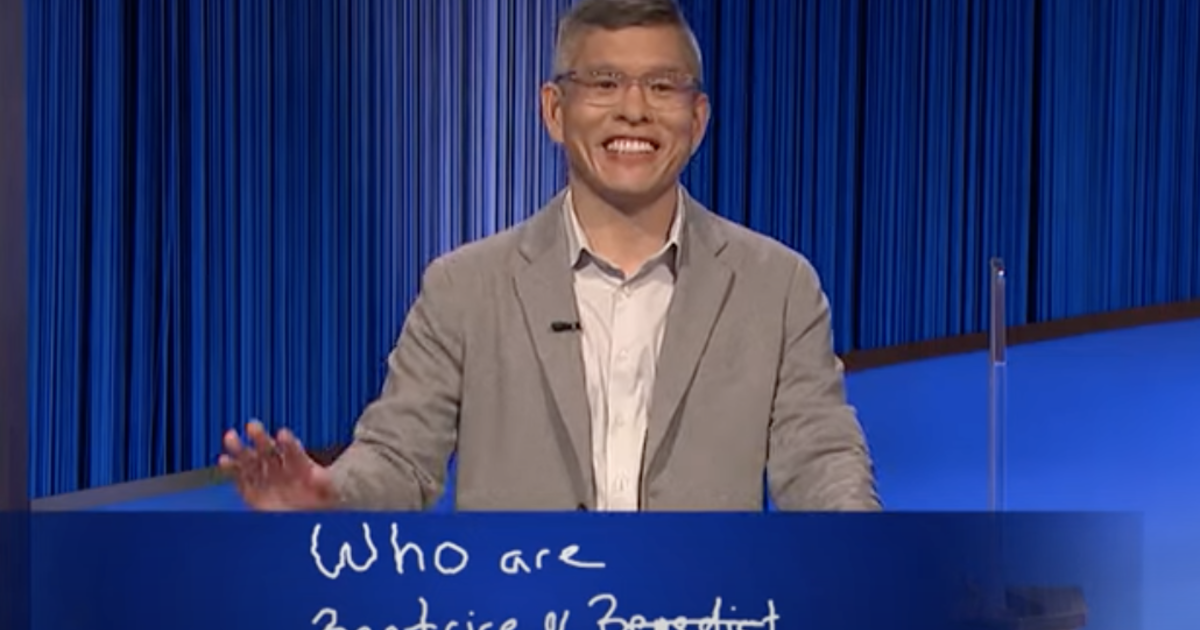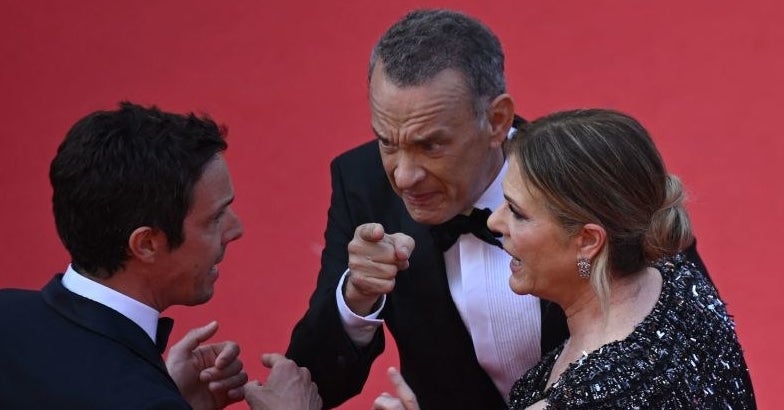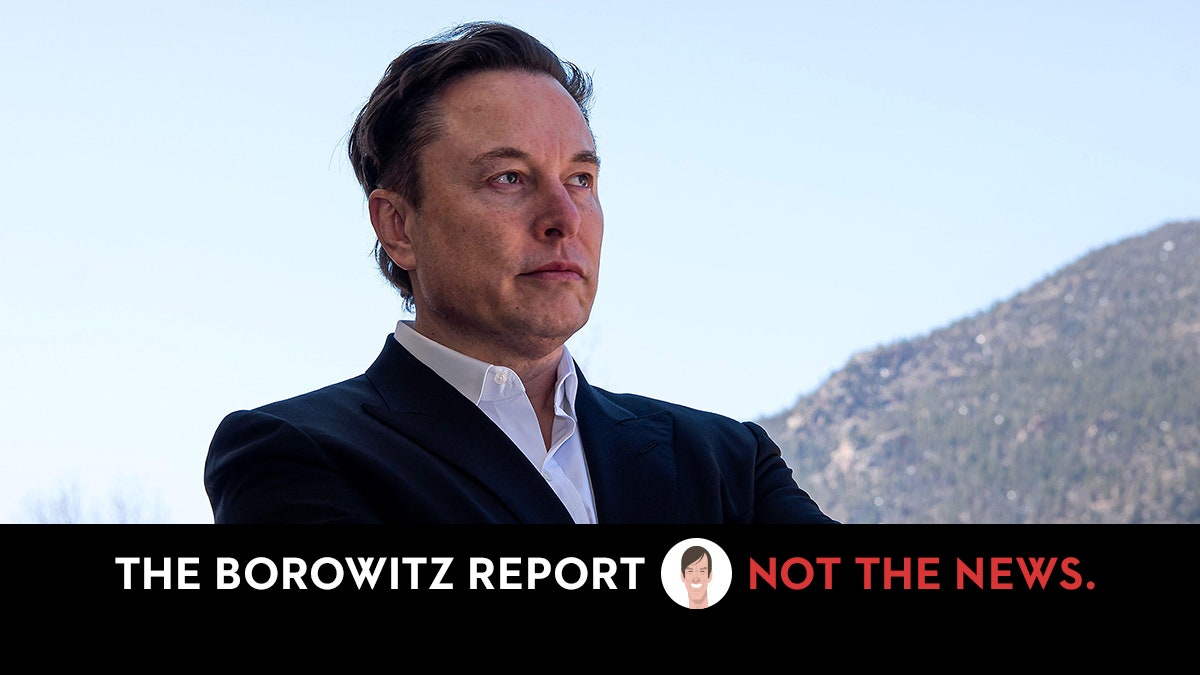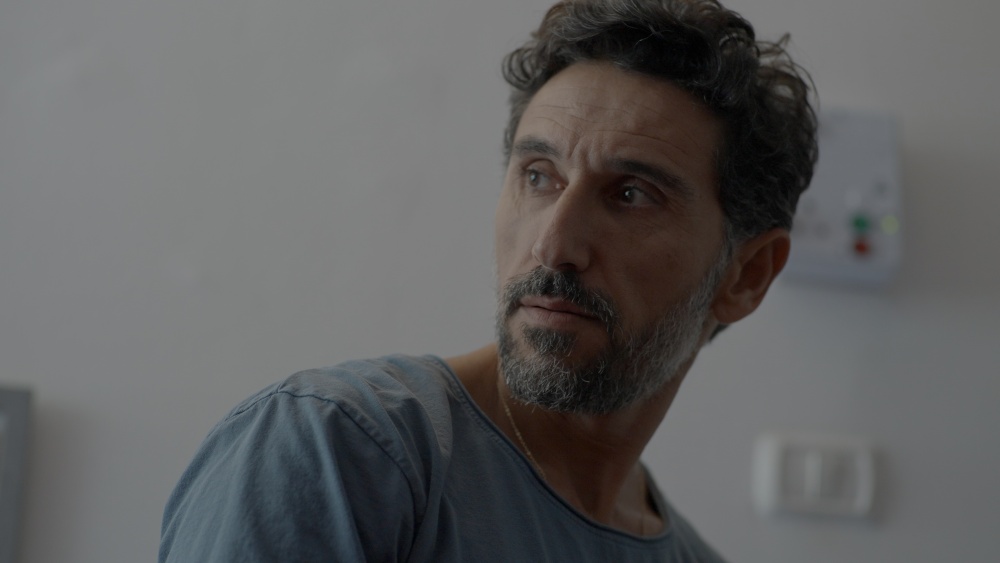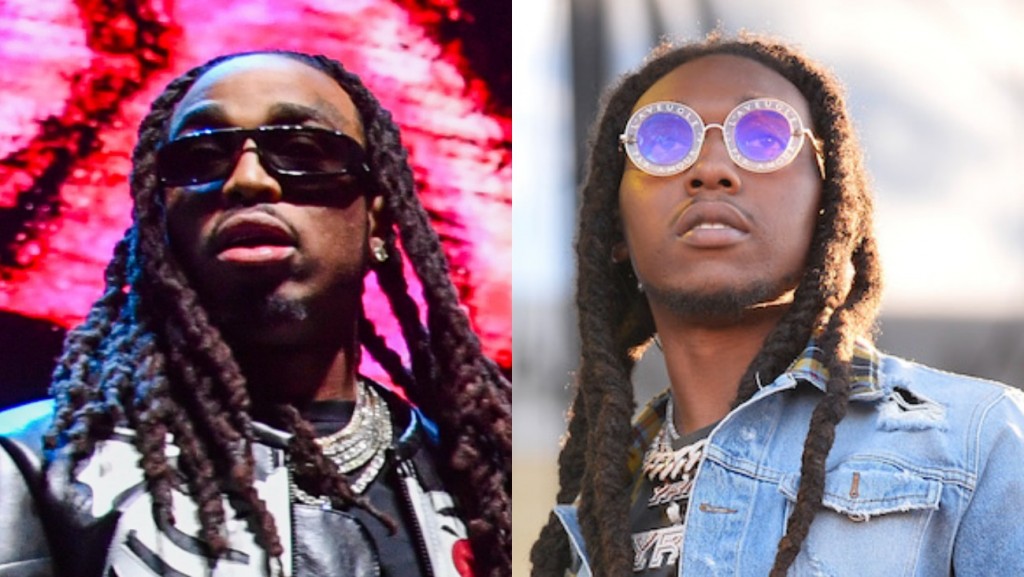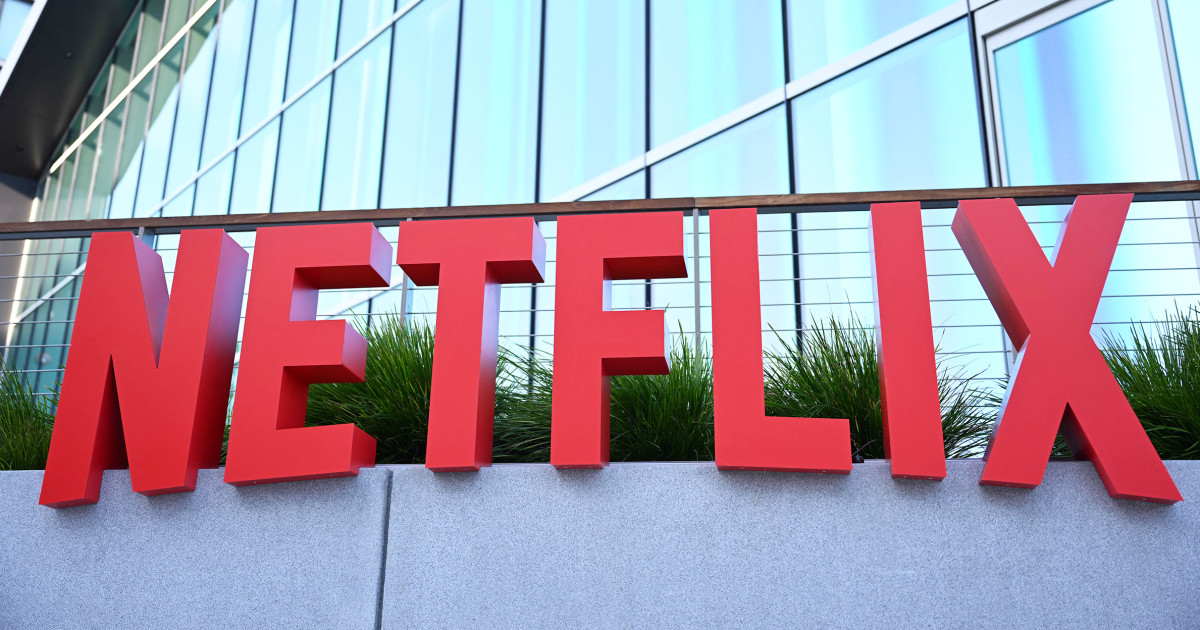Why Russian Élites Think Putin’s War Is Doomed to Fail
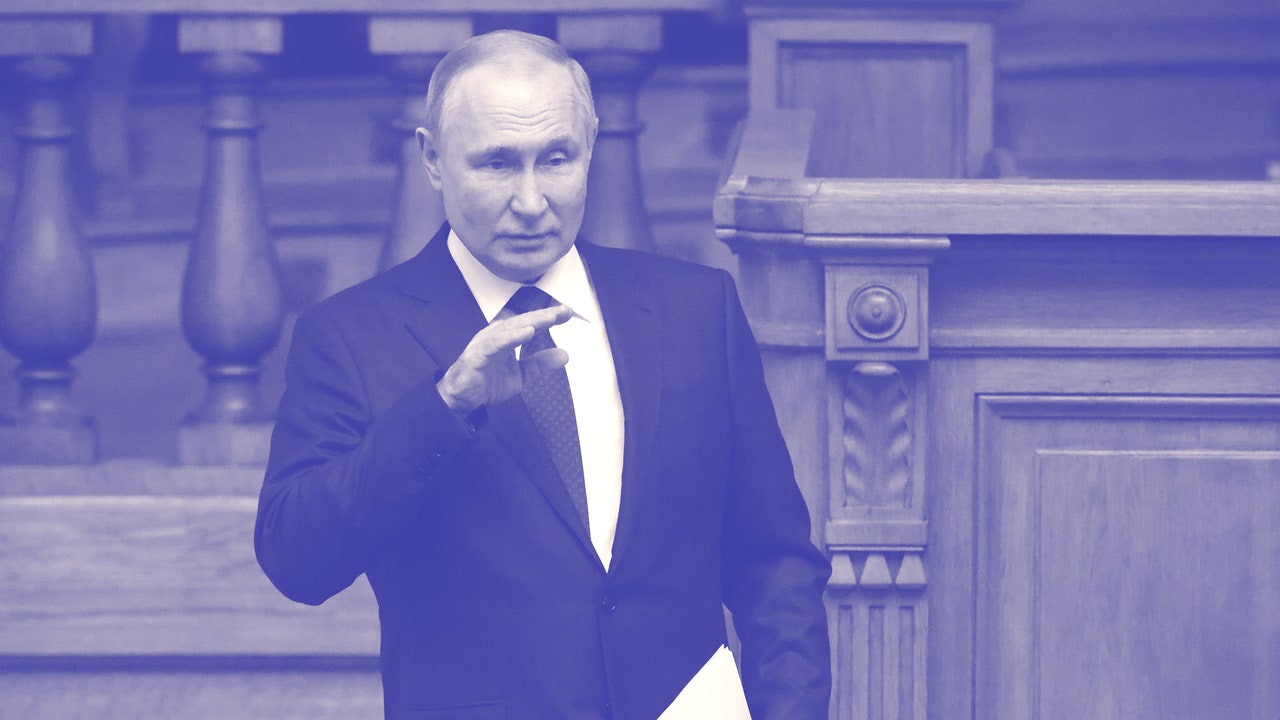
For the past year, Tatiana Stanovaya, a senior fellow at the Carnegie Russia Eurasia Center, has been analyzing how Russian politics have been shaped by the invasion of Ukraine. Stanovaya has been explaining the Russian political environment to foreign audiences since 2018, when she founded R. Politik, a political-analysis firm, which is now in France. She has recently argued that stalled progress on the battlefield has led Russian élites to become increasingly disenchanted with Putin’s leadership.
I reached out to Stanovaya, who is more comfortable corresponding in English over e-mail; we exchanged several rounds of questions and answers. Our conversation, edited for length and clarity, is below. In it, we discuss why Putin allows criticism of his policies from the nationalist right, what effective sanctions might actually accomplish, and what the meteoric rise of Yevgeny Prigozhin, the founder of the Wagner Group, explains about Putin’s Russia.
You recently wrote that Putin is more vulnerable than most people think. Why is that?
We tend to equate Putin’s regime with Putin himself. It is often heard that if Putin disappears, his regime will fall. However, I caution against this assumption, as the regime may prove to be more resilient, drawn-out, and potentially radical than Putin himself. It depends on the circumstances of Putin’s departure, but in my opinion his regime may outlive him. This is not just due to natural reasons related to age and health but also because of the way the war has drastically changed the domestic situation in Russia.
Putin, who was once a strong leader with a clear plan, vision, and resources to secure the state’s stability, now appears misinformed, hesitant. He is failing to provide a reassuring strategy for how Russia will get out of this crisis. If Putin had conquered Ukraine in the first months of the war, there would be no questions. Not only did he fail but he created a crisis with no clear way out. I am not saying that he does not have a vision, but the way he interacts with the élites and deals with military defeats fuels uncertainty and anxiety about Russia’s future.
This was particularly acute from September to February, when Ukraine conducted a successful counter-offensive in the Kharkiv region, and the West showed firm intentions to supply Ukraine with weapons. Putin responded with anti-Western invectives and threats, sometimes with nuclear hints, but without any explicit road map of practical steps. Today, uncertainty has decreased due to the protracted stabilization of the front line, and there is growing doubt about Ukraine’s capacity to strategically change the military situation and reclaim its invaded territories. However, the over-all feeling among Russian élites is that the attempts to win are doomed to fail. This sentiment is not just held by the élite, who view the war as a catastrophic mistake, but also those who believe that Ukraine does not exist as a state and must be “de-Nazified”—which, simply put, means become pro-Russian.
Putin is becoming too “insane” for the progressive-minded groups that understand the restrictions Russia will face, due to sanctions, on its technological and scientific development and too soft for those who believe that Russia must opt for total mobilization (militarily and economically) and bring all its might down on Ukraine. Moreover, within the latter segment, there is a growing part of the élite who believe it is already too late, that Russia will have to pause the war to launch radical internal reforms with total élite purges, property redistribution, and the imposition of state ideology so that it can return to the war in better shape.
Putin seems to be ignoring all of this. There is a growing deficit of Putin in Putin’s regime. If he does not retake the initiative, and I believe he will not because the situation to him seems not so bad, the next crisis the regime faces may cost him dearly.
Putin has allowed a certain amount of criticism of his policies from what might be called his right: the head of the Wagner Group, pro-war bloggers who want more ruthlessness against Ukraine, the security services, who you say in your piece want a stricter autocracy. Why?
One of Putin’s main features, which we should not overlook, is his sincere belief in his historical “mission.” This means that his moves are not always about situational political maneuvering but sometimes about his conviction that he serves the state that he cultivates. It may seem to the Western audience that I am justifying or sympathizing with Putin, but, as an analyst, I try to understand the internal incentives, motivation, and logic of political figures. Whether we like it or not, Putin believes that he serves Russia’s national interests, even if the way he does it harms Russia more than it helps.
Through this prism, he makes a clear distinction between a right and good opposition and a destructive and hostile opposition. If we look objectively, Yevgeny Prigozhin, with all his public activities during the year, has politically damaged the regime perhaps much more than Alexey Navalny, the jailed opposition leader, has. Prigozhin is much more politically dangerous. He has split élites, attacked the pillars of the regime, such as the army, and challenged Putin’s appointees, and even the Presidential administration, using his own armed militias, and his media allies. He has a much more radical agenda that is usually allowed to spread in the informational space. And yet, he remains untouchable, thanks only to Putin personally.
The main difference between Navalny and Prigozhin, in Putin’s eyes, is that the former has destructive intentions to ruin Russia and is often used as a tool in the hands of Russia’s strategic enemies—the West. Prigozhin, however destructive he may appear, is guided by pro-Russian priorities and best wishes. In other words, Putin sees Navalny as a betrayer and Prigozhin as a genuine patriot. The same is true of all the radically pro-war public on social networks.
The problem is that it is only Putin who sees things this way. For a significant part of the Russian mainstream élite, Prigozhin, together with “angry patriots,” as domestic-policy overseers in the Kremlin call them, represent a genuine threat that needs to be curtailed. This is another division between Putin and the élites. Many in the leadership believe that Prigozhin is dangerous for the regime, from technocrats who are just horrified by him, to the F.S.B., which consider him a threat. Yet Putin allows him to be. I would not exaggerate the level of Putin’s positive attitude toward Prigozhin, but he sees him as a genuine hero who is sometimes clumsy and goes too far, and needs to be reined in due to his often-emotional outbursts. But he is not an enemy, and deserves to have his own place in the system, regardless of what others think.

